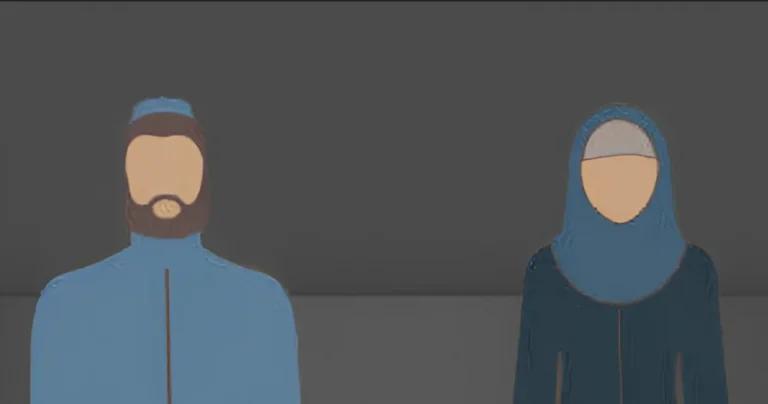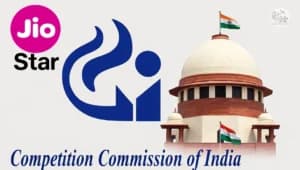In a significant ruling, the Patna High Court has reaffirmed that a Muslim woman is entitled to claim maintenance under Section 125 of the Criminal Procedure Code (CrPC) even after divorce if she is unable to maintain herself. The ruling clarifies that the mere payment for the iddat period or Dainmehar does not exempt a former husband from his obligation if adequate provisions were not made for her sustenance.
The judgment emphasized that the existence of the Muslim Women (Protection of Rights on Divorce) Act, 1986, does not take away the right of a divorced Muslim woman to seek maintenance under Section 125 CrPC.
Justice Jitendra Kumar, citing relevant Supreme Court rulings, stated:
“Despite the Act of 1986, a Muslim wife is entitled to get maintenance from her husband during the subsistence of her marriage under Section 125 CrPC, if she is unable to maintain herself. Even after divorce, she is entitled to get maintenance from her former husband under Section 125 CrPC if she is unable to maintain herself despite payment of maintenance for the iddat period or Dainmehar. If the former husband has not made sufficient provisions for her livelihood, she can claim maintenance.”
The Court placed reliance on the landmark Danial Latifi case and the recent judgment in Md. Abdul Samad’s case, which extensively examined the issue of maintenance for Muslim women after divorce.
Read Also:- Madhya Pradesh High Court Upholds Divorce Over Wife’s Indecent Chats: A Case of Mental Cruelty
Case Background
The case involved a woman who was married to the respondent husband in 2007 according to Islamic rites. They had a daughter from the marriage. The petitioner claimed that soon after the marriage, her husband and in-laws started demanding additional dowry of ₹2,00,000. She alleged that upon her failure to fulfill the demands, she was subjected to cruelty and was eventually driven out of the matrimonial home. A criminal complaint under Section 498A IPC was also filed against the husband.
The petitioner sought maintenance of ₹20,000 per month for herself and her daughter, stating that her husband owned a boutique in Mumbai, earned ₹30,000 per month, had agricultural land, and owned another shop.
The husband, in his defense, denied allegations of cruelty and dowry harassment. He contended that the wife had been living in adultery and refused to return to the matrimonial home. He further argued that he had divorced her through triple talaq in a village panchayat in 2012 and had paid her Dainmehar and maintenance for the iddat period.
However, the Court found no substantive evidence to support the husband’s claims. It observed:
“There is no need to go into the claim of the opposite party that he has divorced his wife because it is not a case where the opposite party has made provisions for the whole life of his divorced wife during the iddat period. It is also not a case where the opposite party claims that his divorced wife has remarried.”
Read Also:- Madras High Court: Watching Porn and Self-Pleasure Not Cruelty in Marriage
Further rejecting the husband's allegation of adultery, the Court noted:
“There is only an allegation that petitioner no. 1 is leading an adulterous life, but such an allegation is based on suspicion. There is no cogent evidence in support of this claim. The proven fact is that the wife is living separately along with her minor daughter and is unable to maintain herself and the minor daughter.”
The Family Court had earlier awarded ₹1,500 per month to the wife from the date of its order and ₹5,000 as litigation costs, but no maintenance was granted for the minor daughter. The wife challenged the inadequacy of the maintenance amount and the omission of any award for the daughter.
After considering all aspects, the High Court ruled in favor of the wife and daughter, stating that both were entitled to maintenance. Taking into account the husband’s dependents, including aged parents and a second wife, the Court directed him to pay ₹2,000 per month each to the wife and daughter, totaling ₹4,000 per month.
Read Also:- Supreme Court Rules Wife Need Not Pay Stamp Duty on Flat Received in Divorce Settlement
The Court’s order reaffirmed that a Muslim woman can claim maintenance under Section 125 CrPC if she cannot sustain herself after divorce, even if she has received payments for the iddat period.
- A Muslim woman can claim maintenance under Section 125 CrPC even after divorce if she is unable to maintain herself.
- The Muslim Women (Protection of Rights on Divorce) Act, 1986, does not override the remedy available under Section 125 CrPC.
- Payment for the iddat period or Dainmehar does not absolve the husband if adequate provision for the wife's maintenance has not been made.
- Allegations of adultery without substantial proof cannot be a ground for denying maintenance.
- The minor daughter of a divorced Muslim woman is also entitled to maintenance from the father.
Case Title: X v/s Y















